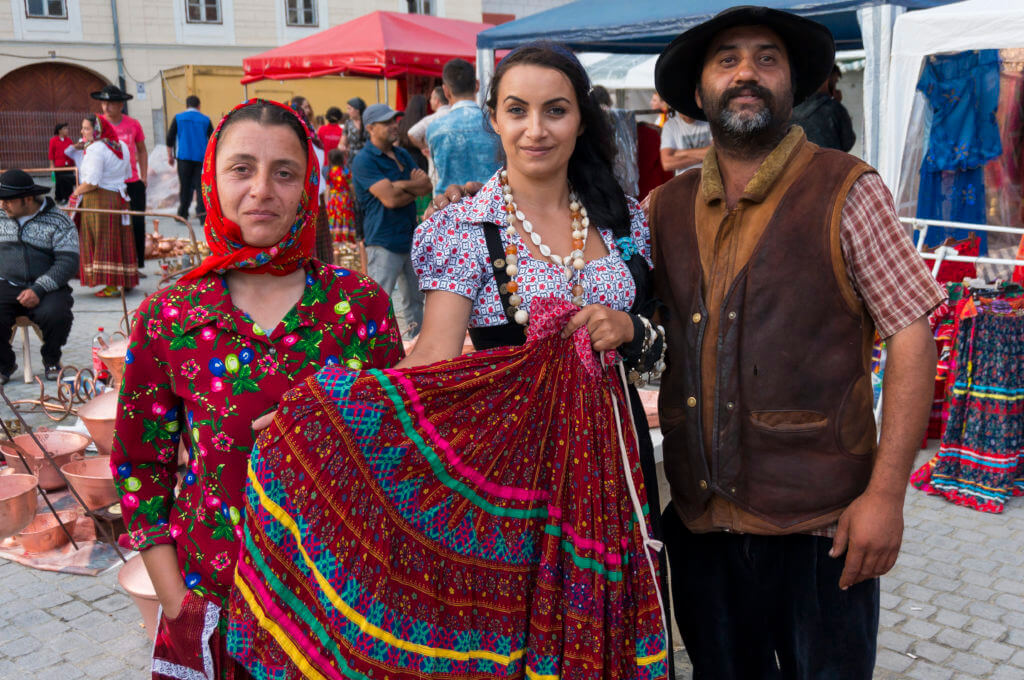People Groups: Romani
By AfriGO Team

The Romani people can be found in any country in Europe. Widely known as Gypsies, this name came from the false belief that they had migrated from Egypt. The term is offensive and is used as a racial slur. Genetic and linguistic evidence indicates their origins are in northern India and their language is related to ancient Sanskrit.The Romani reached Europe as early as 1007 AD, with more than 10 million now spread across the continent. Large populations reside in the Balkans, Spain, France, Russia, and the Ukraine. Many have migrated to North and South America.
Their reception in Europe has been mixed; at times they were deported or even executed when found within borders; other times they received traveling privileges. Generally, they have been subjected to brutal treatment, including slavery and later, genocide by the Nazis during World War II. Romani women were sterilized in some countries as late as the 1990s.
Traditional Romani follow strict gender and family roles. A patriarch presides over the extended family and a woman’s status can be based on her child-bearing ability. Purity customs dominate society. For example, clothing for the upper and lower body is washed separately. Dishes and utensils must be cleaned in a special way, and certain animals are considered unclean and cannot be eaten. Childbirth brings impurity and anything a new mother touches is burned. Death also brings impurity.
Rates of illiteracy and domestic abuse are high in Romani communities where poverty is prevalent. Eighty per cent live below the poverty line. A history of racism means Romani are reluctant to seek help from government officials and medical professionals. In some communities, children leave school after grade five to learn skills to help the family.
Many Romani are Roman Catholic, though there are Muslims, too. However, they mix in paganism, using charms and amulets. Curses, spirits and bad luck are all part of Romani culture. “Shaktism” — the need for a female partner for God — is still practiced, with the result that Christians pray to the Virgin Mary or her mother. In the past 20 years, a movement of the gospel has begun.
At a glance
- The Romani cherish the belief that they are one of the lost tribes of Israel.
- In the past, the Romani were known for their covered wagons, bright clothing and fortune telling.
- Due to the long history of prejudice, they can face severe obstacles in obtaining jobs and education.
- Romani have other names for themselves that vary by region.
Pray:
- For the Christian Pentecostal movement growing among European Romani, and for those looking to reach others with the gospel.
- For believers with a passion to reach their extended families. The gospel often spreads through family ties.
- For digital and print resources in their language to strengthen believers and reach the unreached.
Sources: https://bit.ly/3GxFL5p and
https://www.newsweek.com/2014/10/17/how-roma-are-becoming-europes-new-moral-army-276033.html
